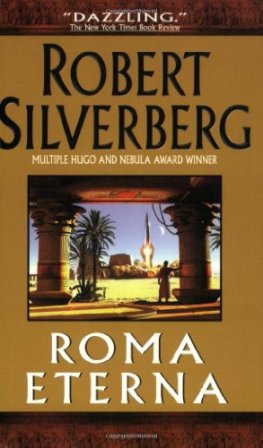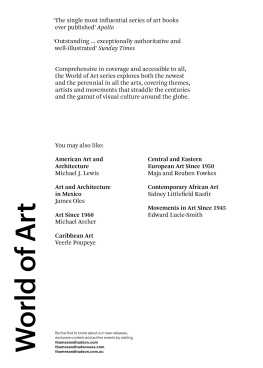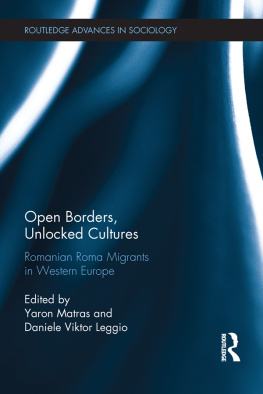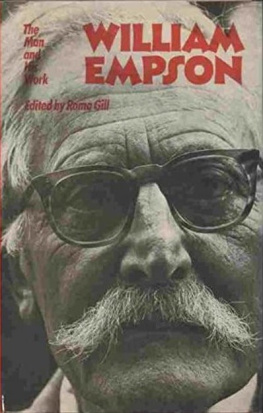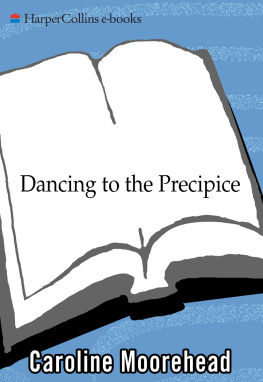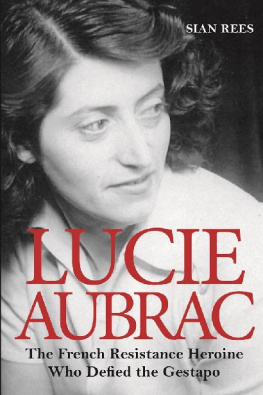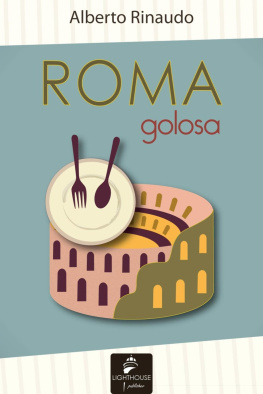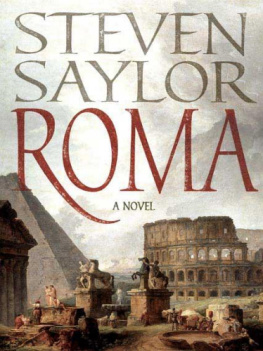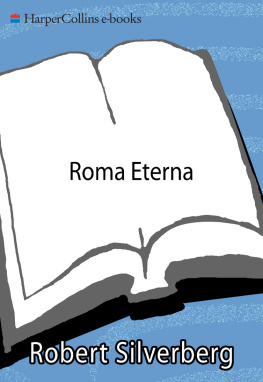Queer Roma
This book offers in-depth insight into the lives of queer Roma, thus providing rich evidence of the heterogeneity of Roma. The lived experiences of queer Roma, which are very diverse regionally and otherwise, pose a fundamental challenge to one-dimensional, negative misrepresentations of Roma as homophobic and antithetical to European and Western modernity.
The book platforms Romani agency and voices in an original and novel way. This enables the reader to feel the individuals behind the data, which detail stories of rejection by Romani families and communities, and non-Romani communities; and unfamiliar, ground-breaking stories of acceptance by Romani families and communities. Combining intersectionality with queer theory innovatively and applying it to Romani Studies, the author supports her arguments with data illustrating how the identities of queer Roma are shaped by antigypsyism and its intersections with homophobia and transphobia.
Thanks to its theoretical and empirical content, and its location within a book series on LGBTIQ lives that appeals to an international audience, this authoritative book will appeal to a wide range of readers. It will a be useful resource for libraries, community and social service workers, third-sector Romani and LGBTIQ organisations, activists and policymakers; an invaluable source of information for scholars, teachers and students of bigger modules in undergraduate, graduate and postgraduate courses in a cross section of academic disciplines and subject areas. These include, but are not limited to, LGBTIQ/Queer Studies; Womens, Gender and Sexuality Studies; Romani Studies; Sociology; Anthropology; Human Geography; Area Studies; Cultural Studies; Social Movement Studies; Media Studies; Psychology; Heath Science; Social Science; Political Science.
Lucie Fremlova is an independent researcher who works at the interface between academia, social movements and policy. Her close-up, transdisciplinary research focuses on ethnic, racial, sexual and gender identities, particularly in relation to queer Roma. In her innovative theoretical approach, she combines intersectionality with queer theory. Her article LGBTIQ Roma and queer intersectionalities: the lived experiences of LGBTIQ Roma, published by the European Journal of Politics and Gender in 2019, won the Council for European Studies Gender and Sexuality Research Network Best Article Award for 2019. Her article Non-Romani researcher positionality and reflexivity: queer(y)ing ones privilege was the most-read article published in 2019 in volume 1, number 2 of the Critical Romani Studies Journal.
Transforming LGBTQ Lives
Series Editors:
Katherine Johnson (University College Dublin, Ireland)
Kath Browne (RMIT University, Australia)
Transforming LGBTQ Lives hosts the best international scholarship on con-temporary lesbian, gay, bi, trans and queer (LGBTQ) issues. Innovative, in-terdisciplinary and intersectional, the series showcases theoretical and empirical research that fosters debate, pushes disciplinary boundaries and shapes acti-vism. Extending feminist and queer scholarship through attention to a wide set of disciplinary influences (sociology, psychology, human geography, media and cultural studies, social policy, leisure studies, sports studies, political science) topics address the diversity of LGBTQ lives
Recent titles in series:
The Everyday Lives of Gay Men
Autoethnographies of the Ordinary
Edited by Edgar Rodrguez-Dorans and Jason Holmes
Queer Roma
Lucie Fremlova
For more information about this series, please visit: www.Routledge.com/Transforming-LGBTQ-Lives/book-series/LGBTQLIVES
First published 2022
by Routledge
2 Park Square, Milton Park, Abingdon, Oxon OX14 4RN
and by Routledge
605 Third Avenue, New York, NY 10158
Routledge is an imprint of the Taylor & Francis Group, an informa business
2022 Lucie Fremlova
The right of Lucie Fremlova to be identified as author of this work has been asserted by her in accordance with sections 77 and 78 of the Copyright, Designs and Patents Act 1988.
The Open Access version of this book, available at www.taylorfrancis.com, has been made available under a Creative Commons Attribution-Non Commercial-No Derivatives 4.0 license.
Trademark notice: Product or corporate names may be trademarks or registered trademarks, and are used only for identification and explanation without intent to infringe.
British Library Cataloguing-in-Publication Data
A catalogue record for this book is available from the British Library
Library of Congress Cataloging-in-Publication Data
Names: Fremlova, Lucie, author.
Title: Queer Roma / Dr. Lucie Fremlova.
Description: Milton Park, Abingdon, Oxon ; New York, NY : Routledge, 2022. |
Series: Transforming LGBTQ lives | Includes bibliographical references and index.
Identifiers: LCCN 2021031123 (print) | LCCN 2021031124 (ebook) | ISBN 9780367422059 (hardback) | ISBN 9781032138244 (paperback) | ISBN 9780367822699 (ebook)
Subjects: LCSH: Sexual minorities, Romani.
Classification: LCC HQ76.27.R66 F74 2022 (print) | LCC HQ76.27.R66 (ebook) | DDC 306.7608914/97--dc23
LC record available at https://lccn.loc.gov/2021031123
LC ebook record available at https://lccn.loc.gov/2021031124
ISBN: 978-0-367-42205-9 (hbk)
ISBN: 978-1-032-13824-4 (pbk)
ISBN: 978-0-367-82269-9 (ebk)
DOI: 10.4324/9780367822699
Typeset in Sabon
by MPS Limited, Dehradun
Contents
Introduction
Understanding Romani identities beyond ethnic and binary frames
Perverse and deviant queer sexualities, genders, ethnicities and racialities
We're here, we're Roma and queer!
Visibility in spaces between difference and sameness
Queer belonging
Towards non-stereotypical understandings of Romani identities
- 0.1 Queer Roma
- 6.1 Myth and reality
- 6.2 Present and past
- 6.3 Everyday couple
- 6.4 Everyday household
- 6.5 On my skin 1
- 6.6 On my skin 2
Around 2014, the slogan Nothing about us without us was particularly salient in the Roma rights movement and Romani Studies. Increasingly, Roma, including queer Roma, were expressing their frustration at being written about by others who often failed to invite them to the table. In this spirit, I would like to thank everyone who shared their lived experiences with me. It would have been impossible for me to write this book without the contributions of all the queer Roma who participated in the doctoral research, on which the book is based.
I wrote the largest part of this book in 2020, at a very specific juncture. I left academia, and the COVID-19 pandemic had started. Literally everything was being turned upside down within a very short period of time. While it was not always easy to put aside what was happening and to concentrate fully on writing the book, I had all the time in the world to do so. My special thanks go to my wife, Carol Simmons, who helped make this possible with her love and support. She was also the first person to read my book and to give me invaluable feedback and constructive observations that helped me substantially.



